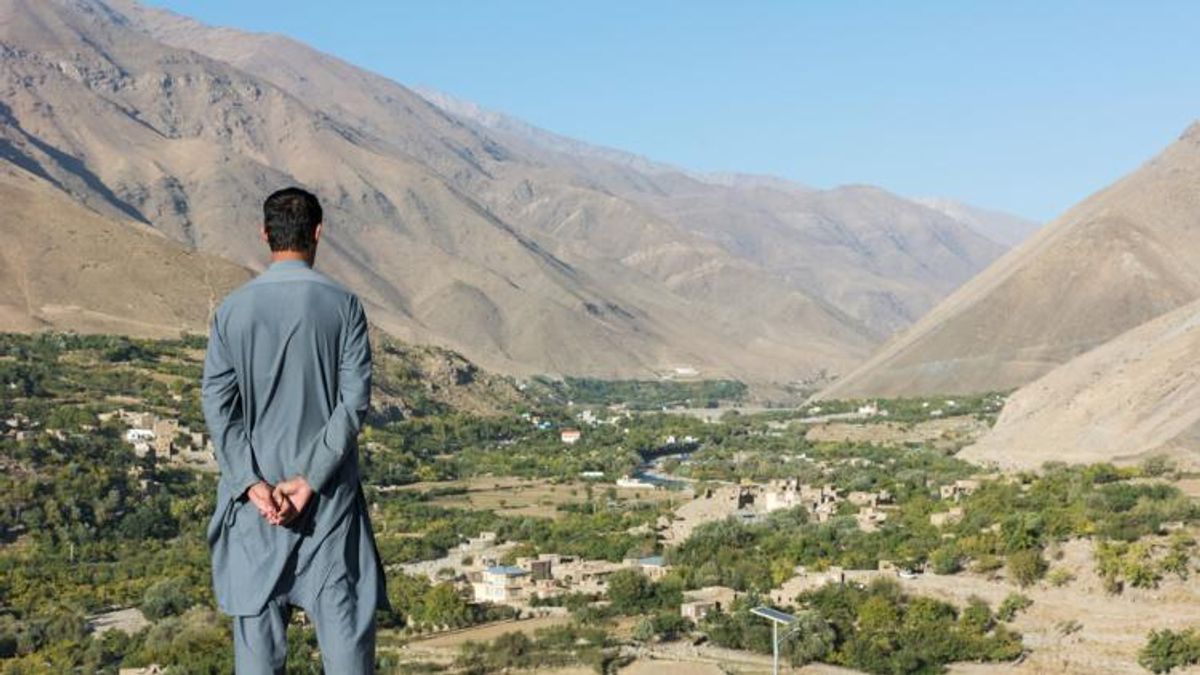More than 130 LGBTQ+ rights groups have signed a letter to support the protection of vulnerable populations in Afghanistan, especially LGBTQ+ people, women, and children.
Taliban fighters entered the Afghanistan capital of Kabul on August 15, resulting in a mass exodus of foreign government officials. The Afghan president, Ashraf Ghani, also fled the country. Since the Taliban's quick takeover of the capital, rights groups have grown troubled due to the group's extremist views and its history.
"Besides LGBTIQ people and people of diverse SOGIESC (Sexual Orientation, Gender Identity and Expression, and Sex Characteristics), women, persecuted religious minorities, journalists and human rights defenders have come under threat, and many have gone into hiding out of fear," the letter says.
The groups write that they are concerned over the Taliban's understanding of Sharia Law and how the group will apply it -- especially as it relates to women's rights in the country.
"We are saddened to see the decades of progress made by women's groups be potentially reversed suddenly and disastrously," the statement reads. The signed groups demand the Taliban allow women to access education.
LGBTQ+ people have already been fearful of living openly in the country, the groups say, and the Taliban's rule may lead to further criminalization and persecution. For instance, one Taliban judge has already said gay men will be stoned.
The organizations call for the Taliban to adhere to the Universal Declaration of Human Rights and overall international human rights norms. The signed parties also call on the Taliban to work with vulnerable people through whatever negotiations may take place between them and the Afghan government.
The letter urges countries to open their borders to those who are fleeing Afghanistan and the Taliban's rule.
"We call on everyone to work together to provide support in their own capacity. We call on individuals and groups to make donations, donors to make emergency funding available, and for organizations to assist in coordinating the collection and distribution of funds, noting the lack of LGBTIQ organizations in Afghanistan," the letter states.
"The crisis in Afghanistan is complex and difficult, but we remind the international community that it has a moral obligation--particularly those who have played a role in the development of the issue--to ensure that the political crisis is diffused via a solution that prioritizes the self-determination of the Afghan people while protecting vulnerable persons from harm and violence."




















































































